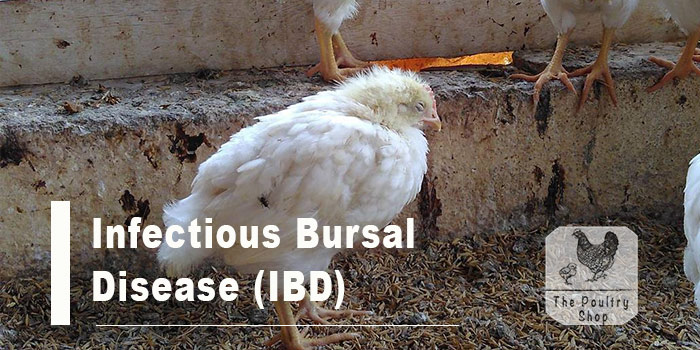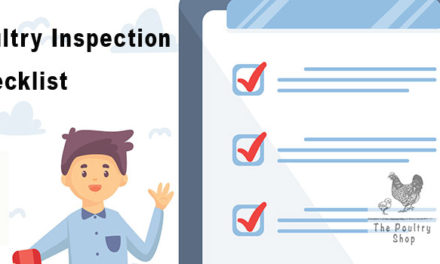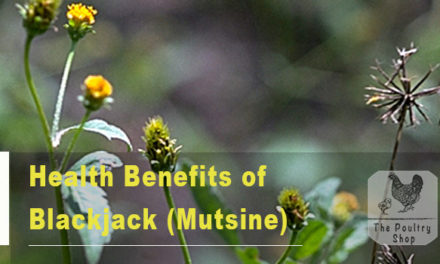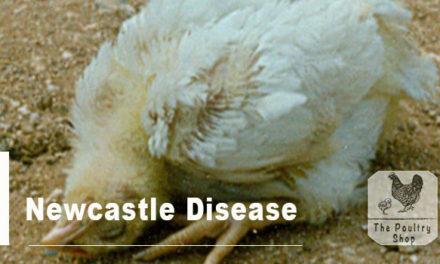Infectious Bursal Disease (IBD) is an acute viral infection that affects young chickens between 3 to 6 weeks of age, although chicks below 3 weeks can still be infected.
What causes Infectious Bursal Disease
- Caused by infectious bursal disease virus.
- Direct and indirect contact with infected birds, often through exposure to feaces.
- Unvaccinated chicks.
- Overcrowded conditions.
- Unsanitary conditions.
Symptom of IBD
- Watery or whitish diarrhoea that clings to the chick’s vent feathers (pasty butt). Sometimes blood is also present.
- Small red spots (bruising) on grandular stomach, thigh, breast and leg muscles.
- Affected chicks are often seen picking at their own vents.
- Depression, lack of energy and enthusiasm.
- Head bent down with eyes closed.
- Loss of appetite and water intake.
- Huddling.
- Ruffled feathers.
- Weak legs, trembling and reluctance to stand.
How to treat IBD
- As with all viral diseases such as Newcastle, IBD has no treatment.
- Using Kips and Chickboost can help reduce mortalities from IBD.
How to prevent IBD
- Practice proper biosecurity.
- Follow vaccination schedule religiously for breeding stock and chicks.
- Purchase chicks from reputable hatcheries that carry out hatchery vaccinations.
Disclaimer: Information in this article does not substitute advice from your local veterinarian. Whilst great effort is taken to ensure accuracy of information in this article, no responsibility can be accepted for any loss or injury incurred due to error or omission.
Did you find this article helpful? Leave a comment below or subscribe to my free Email Newsletter and also like The Poultry Shop Facebook page. Thanks!




